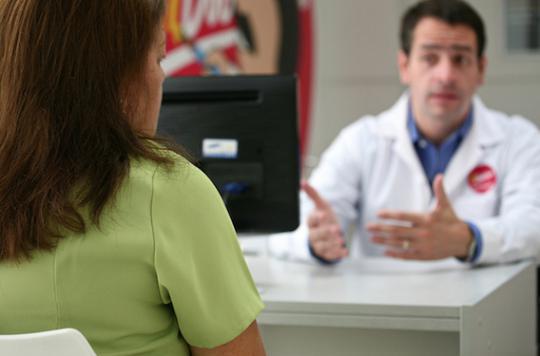The Confederation of French Medical Unions believes that government actions are partly responsible for mistrust of vaccines.

Vaccination is not unanimous among the French. Reluctance due to pseudo-studies circulating on the Internet, but especially maintained by the disastrous management of the subject on the part of the public authorities, estimated the vice-president of the Confederation of French medical unions (CSMF) in a press release.
Dr Jean-Paul Ortiz blames them for the catastrophic communication both with doctors and the general public. “We all remember their contradictory messages on vaccines against viral hepatitis B, and especially the catastrophic organization of the H1N1 influenza vaccination in 2009-2010,” he said in a statement.
“Doctors also face a double problem when monitoring a patient’s vaccinations,” he continues. First of all, they often lack information on the patient’s vaccination history and, above all, have to deal with the annual changes made to the vaccination schedule. “
One in ten doctors have doubts
Statements which seem to confirm the feeling of general practitioners who believe for many that the vaccine recommendations are too often modified.
And more broadly, one in ten practitioners say they have doubts. This is what revealed an online survey of 1,069 practitioners by the French Society of General Medicine (SFMG), and unveiled this Thursday by The Parisian.
They are also 25% to be wary of adjuvants to aluminum salts contained in vaccines. And even if they have no doubts about their effectiveness, safety or necessity, two in three are encumbered by the need to explain, justify and negotiate the vaccine with a patient, a time-consuming and complex process.
.















